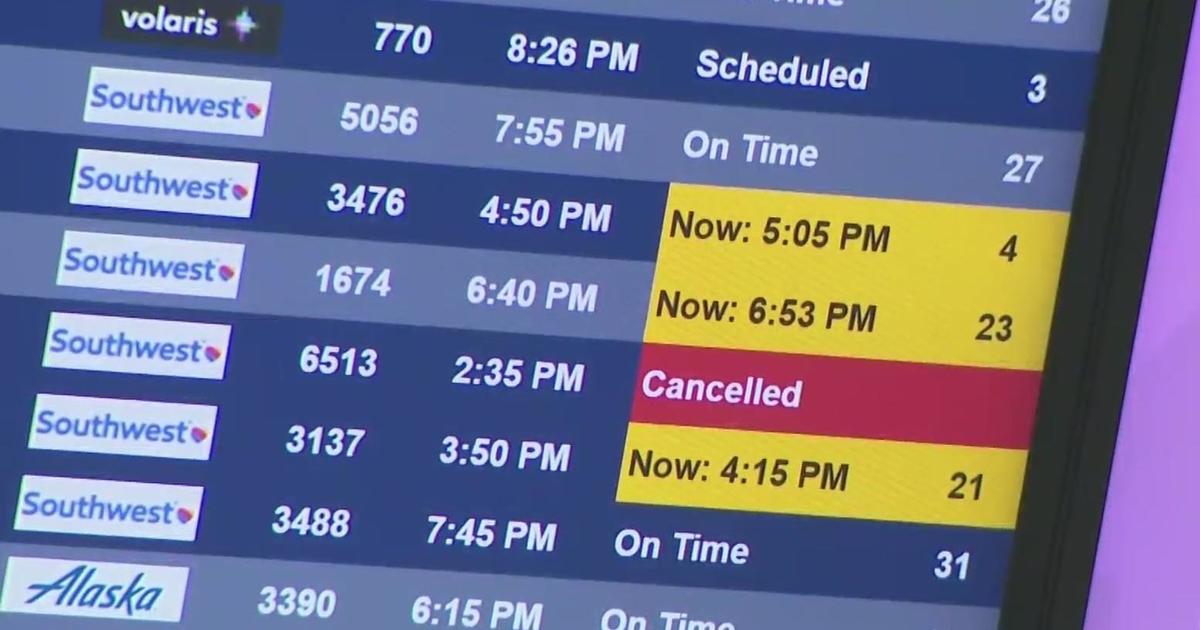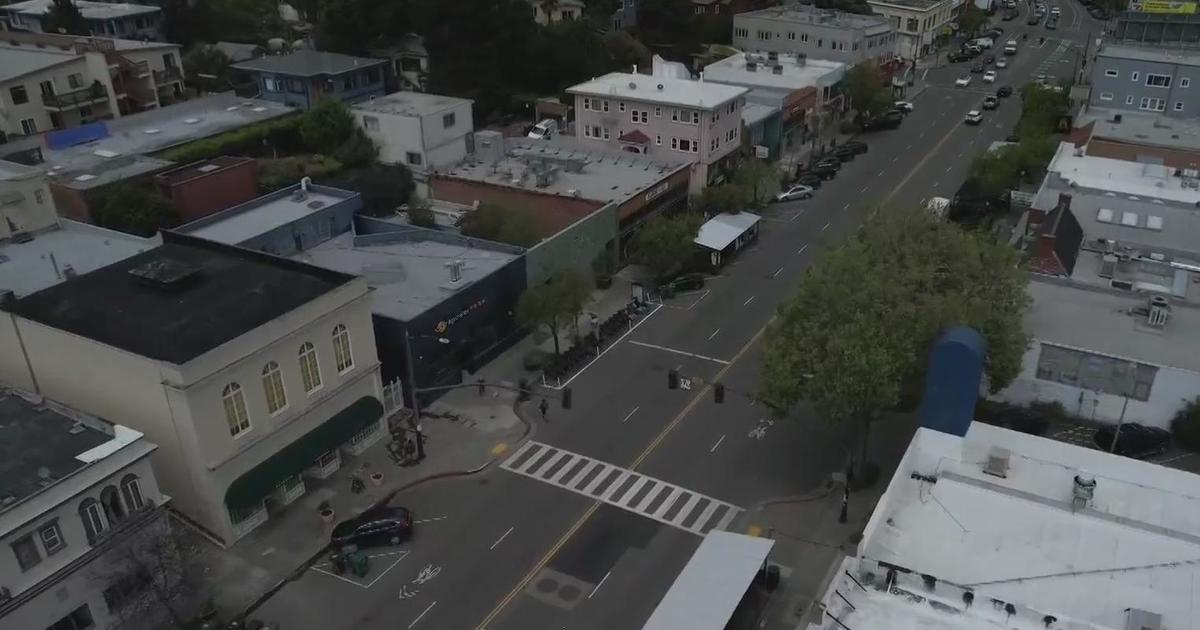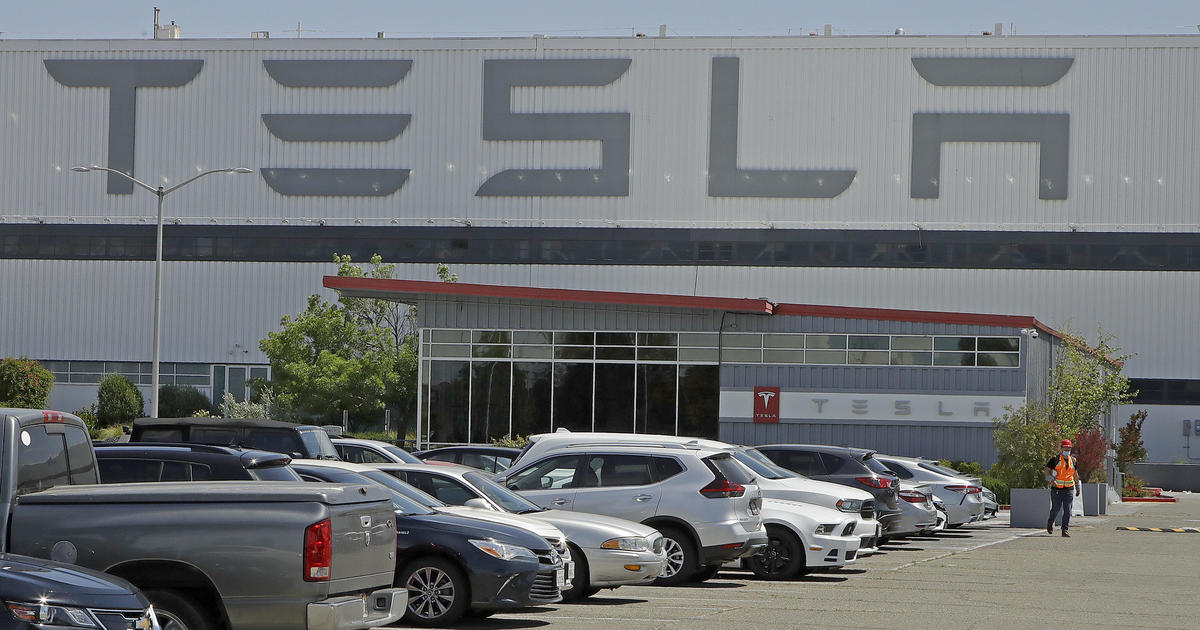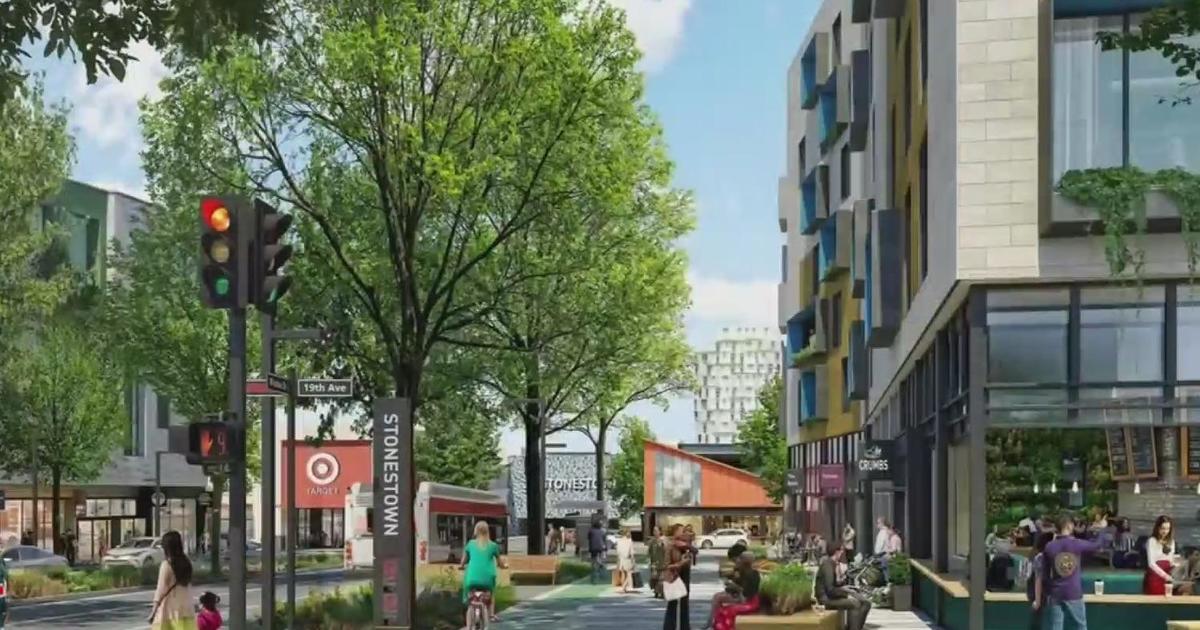DOJ: Newsom Reopening Plan Discriminates Against Churches, Calls For In-Person Services In Phase 2
SACRAMENTO (CBS / AP) — The head of the federal Justice Department's Civil Rights Division told Gov. Gavin Newsom Tuesday that his plan to reopen California discriminates against churches.
In a letter to the governor, Eric S. Dreiband said that despite a coronavirus pandemic "that is unprecedented in our lifetimes," Newsom should allow some in-person worship under the current second phase of his four-part reopening plan.
Restaurants and other secular businesses are being allowed to reopen under social distancing guidelines but not churches, which are limited to online and similar services.
That places an "unfair burden" on them that violates civil rights protections through "unequal treatment of faith communities," the letter said.
"Simply put, there is no pandemic exception to the U.S. Constitution and its Bill of Rights," said the letter.
At Acts Full Gospel in Oakland, Bishop Bob Jackson is eager to see his flock again, and is working on a plan with Alameda County to turn his parking lot into a place of worship on May 31.
"Two thousand years ago, the church was birthed on the day of Pentecost which we celebrate May 31. So, we're excited about being able to celebrate to reopen, even if it's parking lot church - it's new paradigm, we'll get used to it," Bishop Jackson said.
He says his work is essential.
"Churches are essential. We are essential. We feed the hungry, we deal with the homeless people. We deal with people with mental problems, with spiritual problems. We're dealing with counseling - and to say we're non-essential was just to me was a total slap in the face for all the things we really do."
First Amendment law professor, Joe Tuman says the letter claimed industries like entertainment got preferential treatment.
"What the Justice Department noted was it was a little easier for them to get back in and it seems like it was a little more complicated for someone in church or in a place to get back - these weren't in lockstep, "Tuman said.
He says a court would likely look at two things - a compelling state interest and least restrictive means.
"Was the way you're restricting it the least restrictive way you could've done that - is it something so minor that the compelling state interest - saving lives in this case - in a way that only is very minor violates someone's rights."
A message seeking comment from the governor's office wasn't immediately returned.
Newsom this week further relaxed guidelines for counties to reopen more businesses closed under his March stay-at-home order that barred nonessential businesses to slow the spread of the coronavirus. He said churches and other religious institutions could start welcoming back the faithful for in-person services in the coming weeks.
A few churches have defied the ban on such services and sued to reopen, so far unsuccessfully.
Two Republican state lawmakers on Tuesday introduced a resolution to curtail the governor's emergency powers.
Assemblymember Kevin Kiley said the extraordinary powers are for a governor "under conditions of extreme peril" and "were not meant to give a single person the ability to remake all of California law indefinitely."
San Diego County supervisors voted Tuesday to ask the state to allow California's second-most populous county to be a test case for more rapidly reopening businesses and allowing more gatherings and recreational options, including outdoor religious services with restrictions.
Sacramento County health officials said they received approval from the state Tuesday to accelerate reopening, and the county will allow "drive-through" religious services.
States and local governments have differed on whether houses of worship must meet social distancing rules. Some states have provided a degree of exemption for religious activity.
The letter by Dreiband and four U.S. attorneys for California cites a statement issued in April by Attorney General William P. Barr that argued the government can't impose "special restrictions" on religious activity. Barr had taken the rare step of filing papers to side with a Mississippi church suing after several parishioners were ticketed for violating a stay-at-home order by attending drive-in services.
With federal prosecutors now weighing in, the national debate over how far coronavirus gathering limits can go to restrict religion could get even louder. President Donald Trump's reelection appeal to devout conservative voters rests in part on his vocal advocacy for religious freedom, making the issue a politically potent one for his administration to take up.
The letter to Newsom doesn't threaten immediate legal action but appears to be a warning to the most nation's most populous state. The prosecutors follow a line of argument used in the church lawsuits in saying that the religious groups can provide safe, socially distanced worship.
"Religion and religious worship continue to be central to the lives of millions of Americans. This is true now more than ever," the letter said. "Religious communities have rallied to protect their communities from the spread of this disease by making services available online, in parking lots, or outdoors, by indoor services with a majority of pews empty, and in numerous other creative ways that otherwise comply with social distancing and sanitation guidelines."
© Copyright 2020 The Associated Press. All Rights Reserved. This material may not be published, broadcast, rewritten or redistributed.



